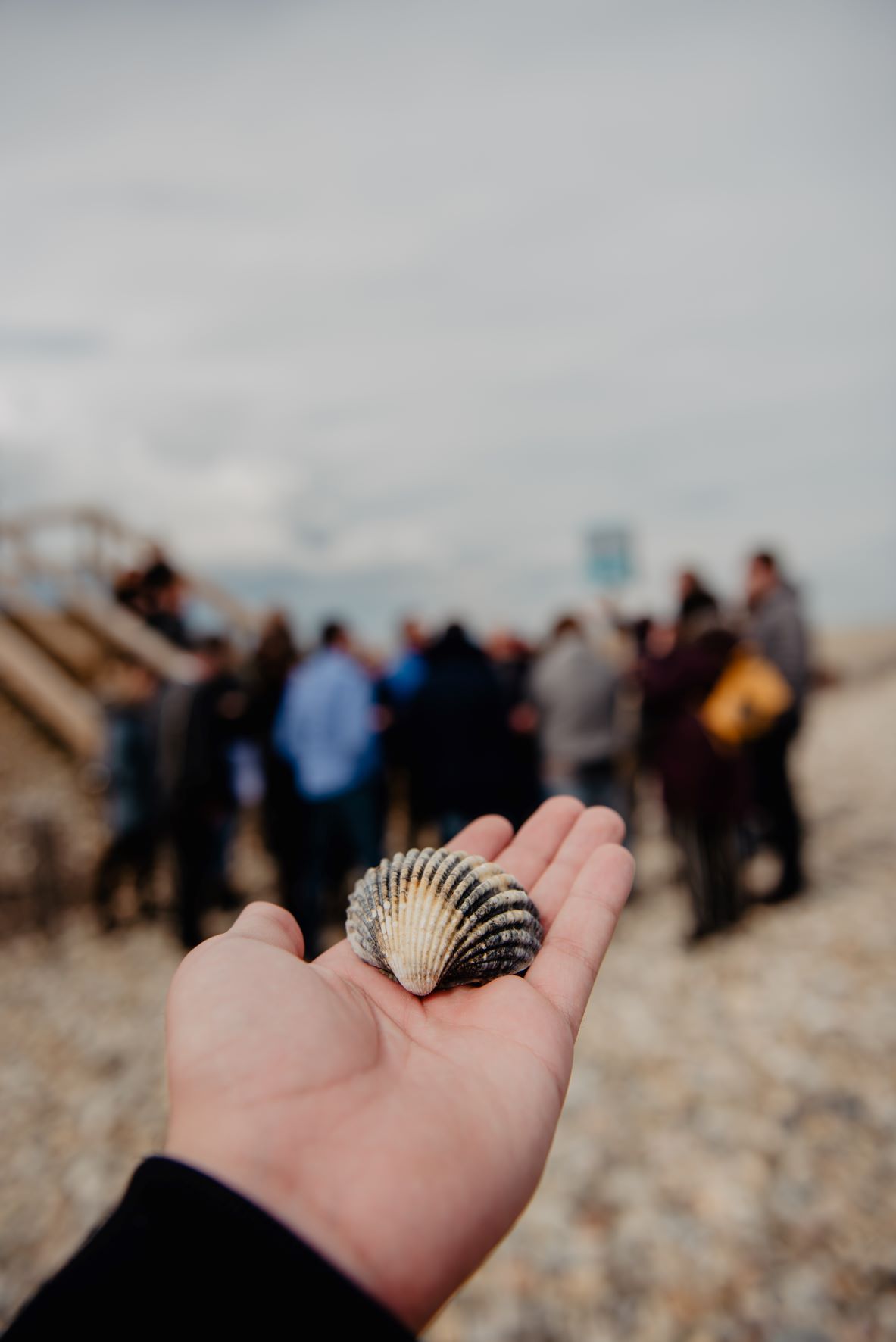Interreg has enabled a partnership between regional governments and researchers to develop sustainable tourism in several Mediterranean coastal and maritime areas, from Spain to Greece. The EU-funded CO-EVOLVE project helped ports, beaches, and seaside communities reduce their environmental impact, while developing tourism services and products. The project laid the groundwork for new partnerships with northern Africa.
- 30 September 2021
The ‘CO-EVOLVE' Interreg project held participatory workshops at local level in the Cattolica municipality, and used tools such as a website and online forum. Thanks to this process, private and public actors started working together to foster sustainable tourism in the Port of Cattolica.’
Sustainable tourism aims to meets the needs of visitors and the local community, while safeguarding wildlife and natural habitats. Using this approach, the tourism industry can keep its environmental footprint to a minimum.
CO-EVOLVE supported sustainable tourism in the northern Mediterranean by researching how the needs of businesses near tourist destinations can be balanced with protection of the environment. The lessons learnt are helping public authorities around the Mediterranean to better protect natural habitats and reduce their carbon footprints.
Green ideas in action
Seven sites were chosen as pilot areas, because of their diverse natural, physical, and geographic characteristics, ranging from coastal urbanised districts to protected natural areas.
Examples include the city of Alexandroupolis in Greece, the Neretva river delta in Croatia and the port of Cattolica in Spain. In Cattolica, a feasibility study was undertaken to understand how the seabed could be remodelled and managed sustainably.
Beyond Europe
CO-EVOLVE was divided into several phases. During the initial study phase, any threats to sustainable tourism were analysed, along with the enabling factors. For instance, the threats included pollution and tourist numbers, while one of the enabling factors was transport and accessibility. This analysis was done at both the regional and Mediterranean scale.
The study resulted in creation of a tourism sustainability toolkit that coastal communities can use, along with a strategic plan to guide actions in each pilot area.
The second phase was testing, in which activities were trialled in the pilot areas and the results analysed.
The third and final phase focused on transferring the pilot activities to new areas. The project’s findings were shared with countries including Cyprus and north African nations. Training and workshops were organised.
Initially, the project partners were regional development agencies, universities and research institutes in Spain, Greece, France, Italy and Croatia. Several organisations from the southern and eastern rims of the Mediterranean will become actively involved in follow-up initiatives, incorporating countries like Lebanon, Morocco, and Montenegro.
Total investment and EU funding
Total investment for the project “CO-EVOLVE” is EUR 3 000 000, with the EU’s European Regional Development Fund contributing EUR 2 550 000 through the Interreg “Mediterranean” Cooperation Programme for the 2014-2020 programming period.

